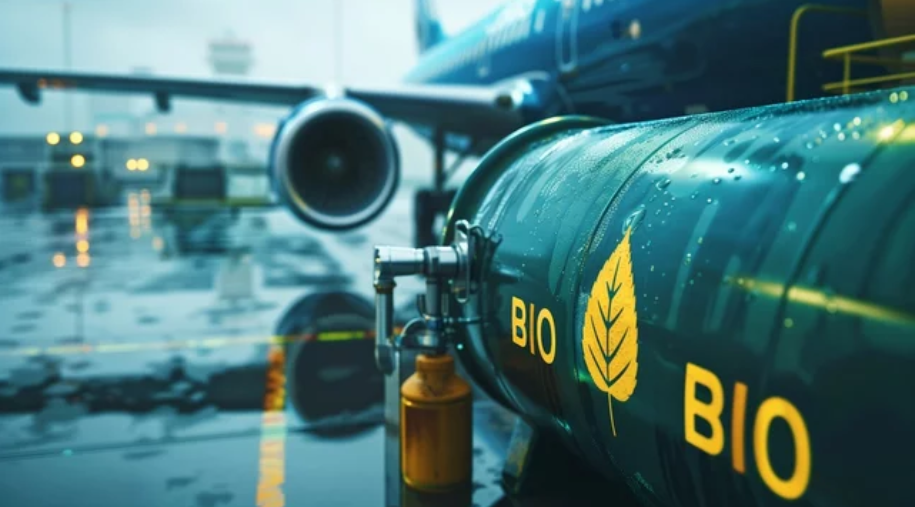Introduction
While eco-fuels have been heralded as the greener alternative to fossil fuels, there is an often-overlooked aspect that can affect their overall carbon footprint: transportation. This article examines the carbon costs associated with biofuel transportation, focusing specifically on practices in the UK and Canada. Understanding these logistics and their impact is crucial for fully realizing the environmental benefits of biofuels.
Land, Sea, and Air
The logistics of transporting biofuels are not dissimilar from those of fossil fuels. They involve a series of steps, starting from the farm or production facility, moving to refineries, and finally reaching the consumer. This transportation process can involve road, rail, sea, or air travel, each with its own environmental costs. According to the International Energy Agency (IEA), transportation emissions can significantly contribute to the overall carbon footprint of biofuels ([IEA Bioenergy, 2018]).
The UK Scenario
In the United Kingdom, a considerable portion of biofuels are transported by sea and road. Maritime transport is generally more carbon-efficient on a per-mile basis. However, the long distances travelled can negate this advantage. For instance, importing biofuels from countries like Brazil or the United States adds substantial maritime miles, increasing the overall carbon footprint ([UK Department for Transport, 2019]). Additionally, road transport within the UK further contributes to carbon emissions, especially when biofuels are moved from ports to inland refineries and distribution centers.
The Canadian Picture
Canada’s vast landscape presents a unique challenge. The country relies heavily on long-haul trucking and rail systems to transport biofuels from remote production sites to urban centers. While rail transport is relatively efficient compared to road transport, the sheer distances involved can substantially increase the carbon footprint. A study by the National Renewable Energy Laboratory (NREL) found that rail transport of biofuels across Canada can contribute significantly to their overall greenhouse gas emissions ([NREL, 2020]).
Possible Solutions
Reducing the carbon footprint of biofuel transportation involves multiple strategies. Route optimization can help minimize travel distances and reduce emissions. Switching to more energy-efficient vehicles, such as electric or hybrid trucks, can also make a difference. Furthermore, localized production of biofuels can significantly cut down on transportation needs. Innovations like using biofuels to power transport vehicles themselves create a closed-loop system, enhancing sustainability. According to a report by the International Renewable Energy Agency (IRENA), these strategies can collectively reduce transportation emissions ([IRENA, 2020]).
Conclusion
The quest for genuinely green fuel doesn’t end at production; it extends all the way to the consumer’s tank. While biofuels offer a more sustainable alternative to fossil fuels, the carbon footprint associated with their transportation must be minimized to fully realize their environmental benefits. By addressing the transportation challenges and implementing innovative solutions, we can make biofuels a truly sustainable energy source.
References
- – International Energy Agency (IEA) Bioenergy. (2018). Greenhouse gas emissions and energy balances of bioenergy systems
- – UK Department for Transport. (2019). [Biofuels statistics]
- – National Renewable Energy Laboratory (NREL). (2020). [Economic impact analysis of localized biofuel production]
- – International Renewable Energy Agency (IRENA). (2020). [Advanced biofuels: What holds them back?]



